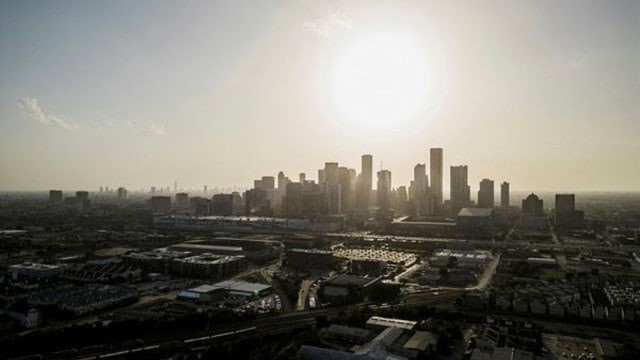





Source:
Disclaimer: Copyright infringement not intended.
Context
Details
Impacts of Trade Disruptions
Broader Implications
UNCTAD's Recommendations
Sources:
|
PRACTICE QUESTION Q. A UNCTAD report sheds light on the interconnectedness of global trade and environmental sustainability. As the world faces increasing climate challenges, it is imperative to address the vulnerabilities in global trade networks to ensure a more sustainable and resilient future. Discuss. (250 Words) |






© 2026 iasgyan. All right reserved